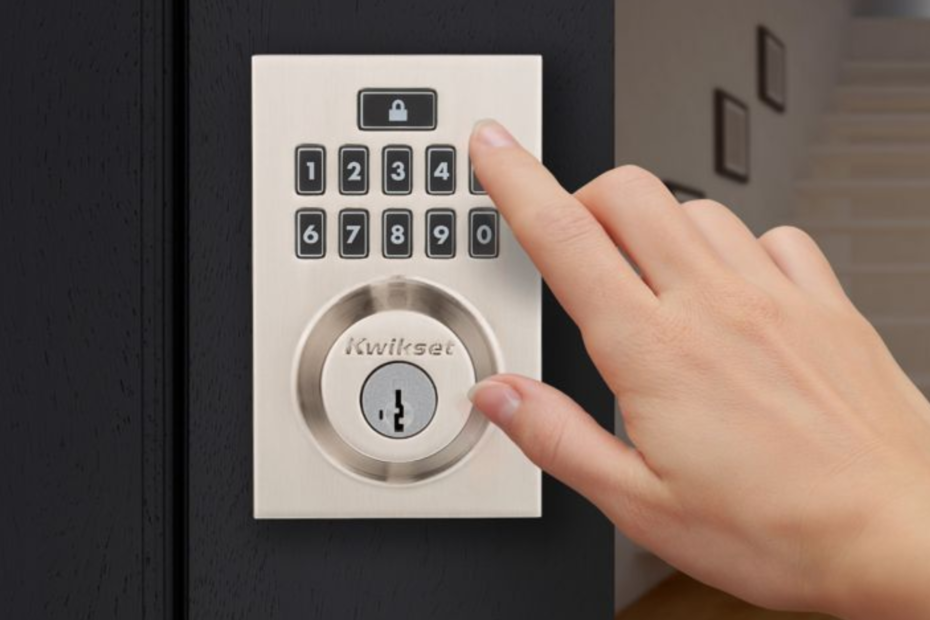There are many different brands of keypad locks available today. The question is which one is right for you. In general, there are two main differences between all electronic locks, Wifi and Non-Wifi. Wifi enables you to control the lock remotely from your smart phone with an app. Non-wifi you can manually add and remove codes, you cannot control the lock remotely.
Another big difference between electronic locks is price. Non-wifi locks start around $170. Wifi enabled locks start at around $300. Pricing varies among brands.
Do you need wifi? If you want to control the lock remotely, then yes. We typically recommend going with a wifi lock if you are renting out the property. On Long Beach Island, many homeowners choose to rent out their properties during the summer. A wifi enabled lock allows homeowners to remotely add and remove codes without having to drive to the beach house to do so. Before a renter arrives, the homeowner can log onto the locks app, and create a code for the renter. When the renters are gone, the homeowner can log onto the app and remove or change the renters code, disabling the previous renters access to the property. Some locks even integrate with Air BnB, providing homeowners with automated rental management. Most wifi locks will allow you to set an expiration for a user code as well. So if the renters check-out on Sunday, you can set their code to expire at 11am Sunday.
Non-wifi locks do not offer the many features the wifi locks do however, wifi isn’t always needed to provide the ease of a keyless lock. Non-wifi locks are great if you are not renting your property. Most non-wifi locks allow you to add 20 to 100 codes. The homeowner can add a code for the kids, grandkids or whoever they entrust with access to their property. However, you will have to physically be present with the lock to add and remove codes and the lock does not keep an access log like the wifi locks do.
So what brand is the best. Well, that depends. Schlage has always been one of the best locks when it comes to quality, however, I would argue that Yale beats Schlage when it comes to their Wifi locks. Reason being that their app will integrate with Air BnB. Schlage’s wifi locks certainly beat out Kwikset though since their app allows you to set an expiration on user codes as well as email the user code to that weeks beach house renter. The Kwikset wifi lock comes in third only because I have not seen the code expiration feature in their app, however they may have added it since writing this article. The Kwikset app is just as intuitive as Yale and Schlage, you do not need to be a tech wizard to use any of these apps.
For non-wifi locks, I recommend Kwikset. The non-wifi Kwikset locks are the easiest to program user codes into. They also seem to perform better than the Schlage non-wifi locks. We have seen the most failures with the Schlage non-wifi locks and they are more complicated to program.
So to determine which lock is best, it ultimately depends on who needs to access your property. If you are renting the property, wifi is the way to go. If not, and its just you and your family, non-wifi is a great option. One other thing to consider, especially on LBI, is if you have a standard residential door or a multi point locking door. If you have a multi-point locking door, you will have a metal strip running the length of the door where the latch and locking bolts come out of the side of the door and lock into the frame. Unfortunately, there is only one wifi lock made by Yale for these type of doors and it is only for a specific model of Andersen Multi Point doors. The Yale multi point lock starts at around $600.
These are the basic differences between most consumer level electronic locks. There are commercial electronic locks which offer access control features that are not typically needed for residential applications. Features for commercial wifi locks vary between brands. But, to keep this article reasonable, I wont get into them here.
Still have questions? Give us a call!
